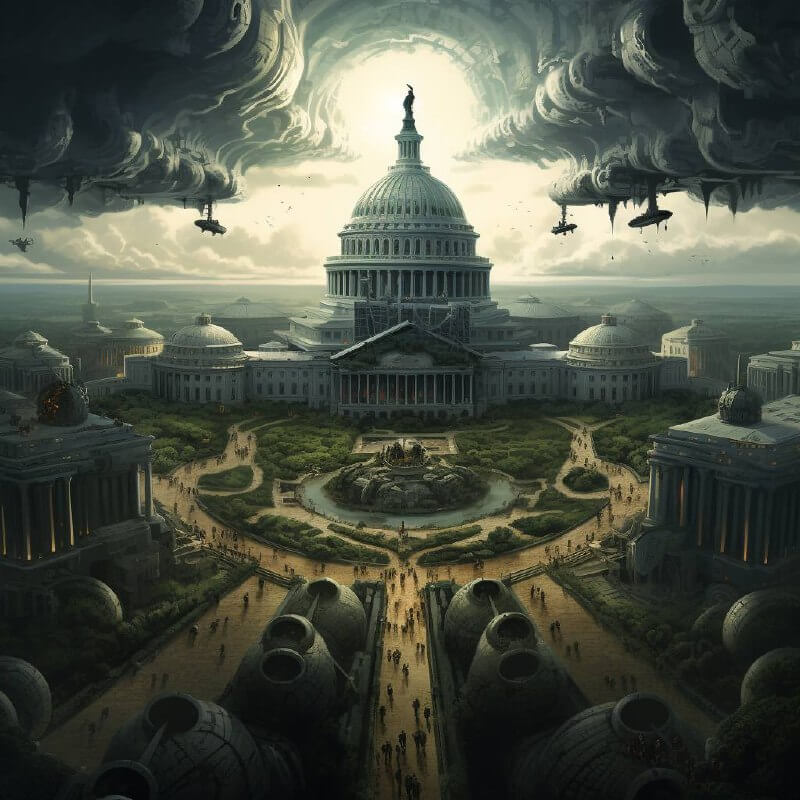In recent years, the rapid advancement of artificial intelligence (AI) has brought about a profound shift in military technology, with several nations developing autonomous weapons systems capable of making life-or-death decisions without human intervention. This emerging technology, often referred to as “killer robots,” represents a significant turning point in modern warfare, raising critical ethical, legal, and security questions.
The advent of AI in warfare
Countries like the United States, China, and Israel are at the forefront of integrating AI into their military arsenals. These AI-powered weapons are designed to select and engage targets based on algorithms, potentially transforming the battlefield and altering the traditional role of human soldiers in combat. This shift is not without its controversies, as it raises concerns about the accountability and decision-making processes in lethal situations.
The Pentagon, for instance, is actively pursuing the deployment of swarms of AI-enabled drones. These drones are not merely reconnaissance tools but are equipped with offensive operations capabilities. US Deputy Secretary of Defense Kathleen Hicks, according to Reuters, has emphasized the strategic importance of these technologies in countering adversaries like the People’s Liberation Army of China. According to Hicks, the aim is to leverage AI’s precision and speed to create a tactical advantage that is “harder to plan for, harder to hit, and harder to beat.”
International response and ethical concerns
The progression towards autonomous weaponry has not gone unnoticed on the global stage. Several governments are advocating for a binding United Nations resolution to regulate the use of AI in military applications, citing the need for ethical oversight and prevention of potential misuse. However, some nations, including the United States, Russia, and Australia, have expressed reservations, preferring a non-binding approach to regulation.
Critics of autonomous weapons argue that delegating life-or-death decisions to machines poses significant moral and ethical risks. Alexander Kmentt, Austria’s chief negotiator on the issue, has voiced concerns about the diminishing role of human judgment in the use of force. This sentiment is echoed by various human rights organizations and AI experts who fear that removing human oversight could lead to unintended civilian casualties and escalation of conflicts.
The balancing act: Advancement vs. ethics
While the technological advancement of AI in warfare is undeniable, it brings forth a complex balancing act between military innovation and ethical responsibility. The debate centers around the effectiveness of these weapons and their impact on international humanitarian law and the rules of engagement in warfare.
The critical question is how to ensure that these autonomous systems adhere to established norms and regulations. Moreover, there is the issue of accountability in the event of errors or malfunctions leading to unintended harm. These challenges necessitate a comprehensive framework for developing, deploying, and using AI in military operations, ensuring that technological advancement does not outpace ethical considerations.
The evolution of autonomous weapons marks a pivotal moment in military history. As nations navigate this new terrain, the need for an international consensus on using AI in warfare becomes increasingly evident. Balancing technological progress with ethical responsibility will be key in shaping the future of global security and warfare.





